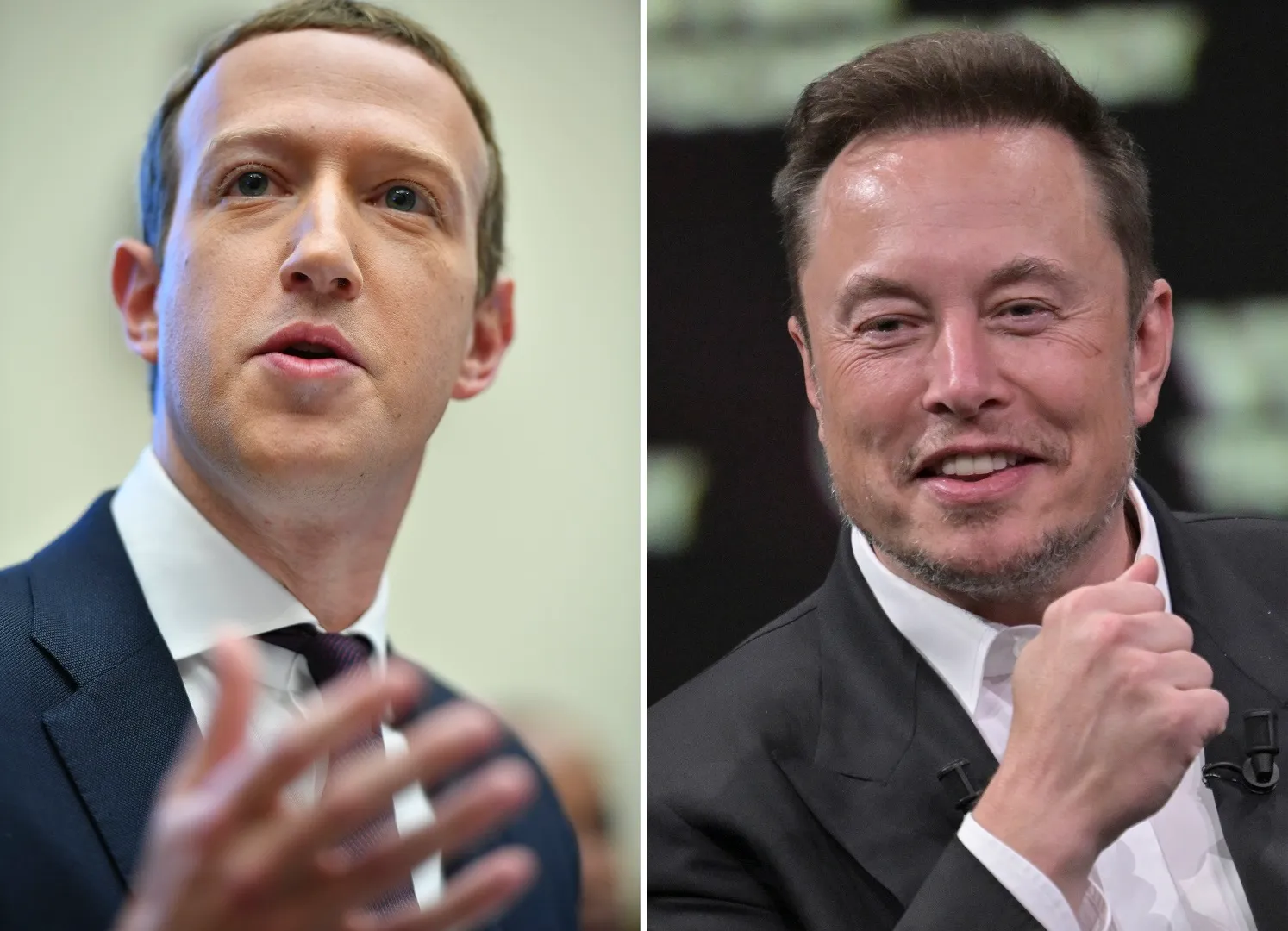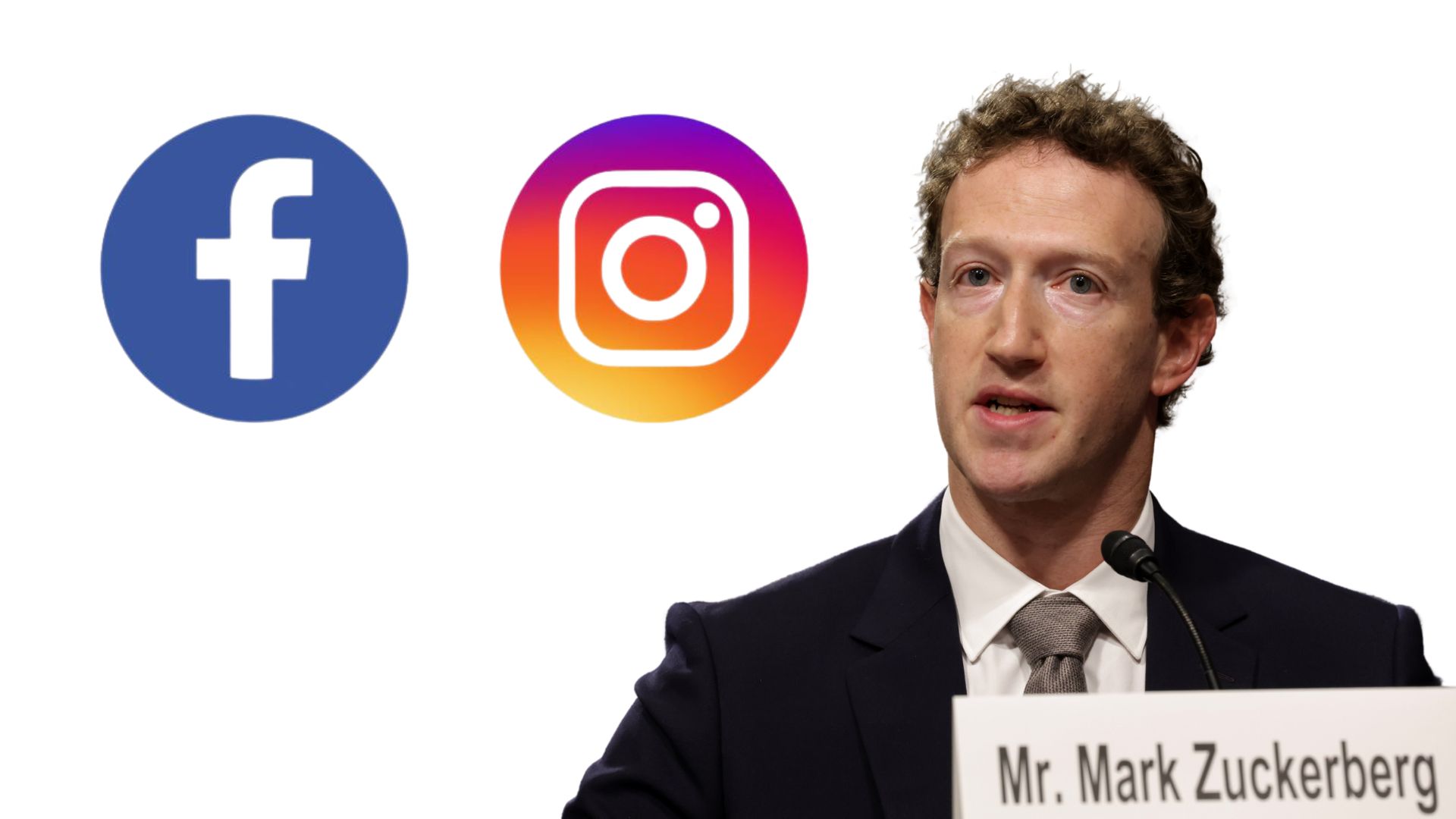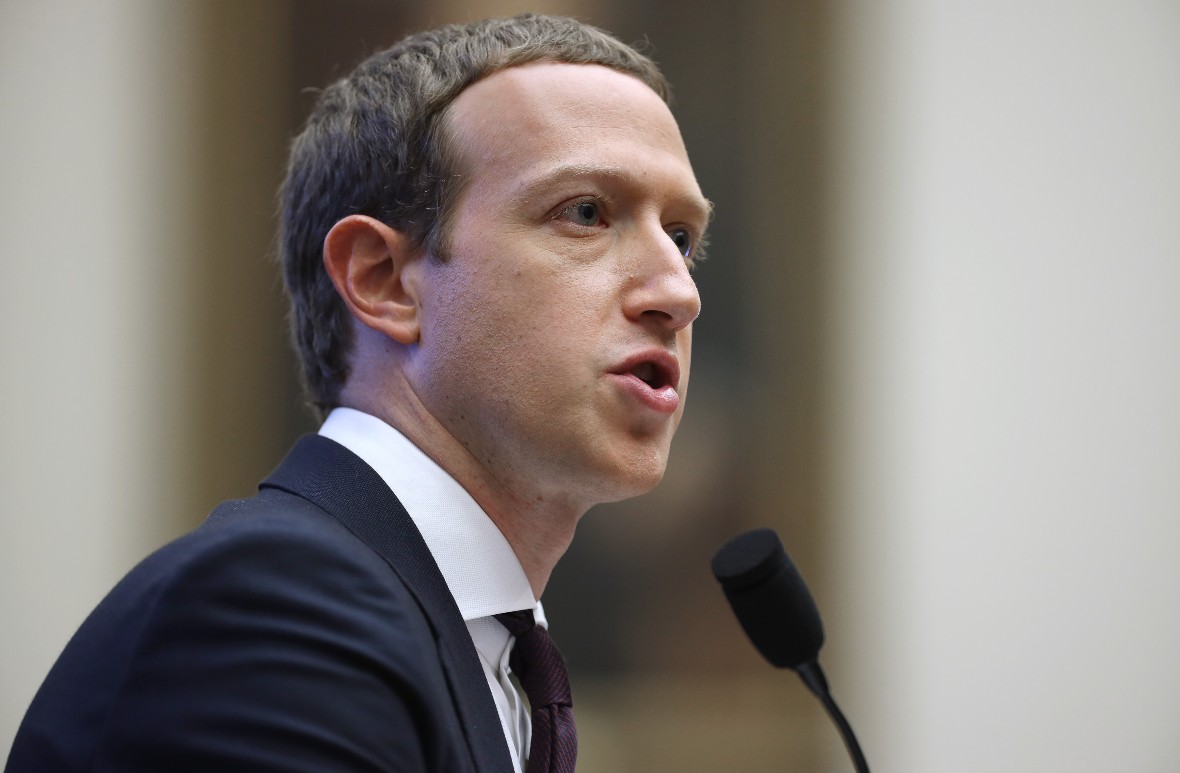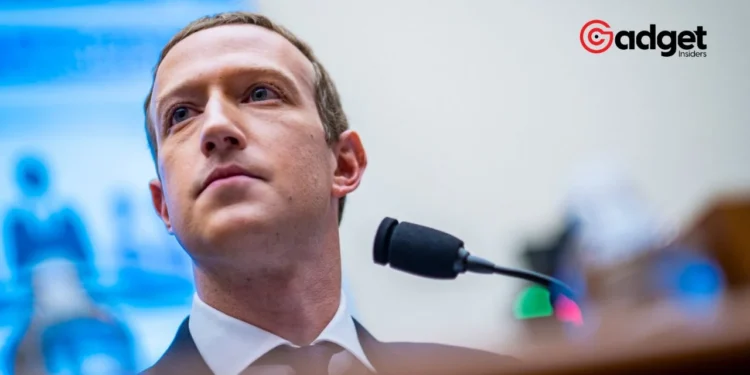In a decisive courtroom victory, Facebook and Instagram owner Mark Zuckerberg has evaded personal liability in a series of lawsuits charging him with addicting children to social media platforms. The ruling, delivered by U.S. District Judge Yvonne Gonzalez Rogers, marks a significant moment for both Mark Zuckerberg and the tech industry at large.
Despite the claims against Meta Platforms Inc. as a corporation still standing, Mark Zuckerberg himself will not face these allegations as an individual defendant.

Mark Zuckerberg: Legal Drama Unfolds
The controversy centers on allegations that Mark Zuckerberg, who is often seen as the face of Meta, ignored multiple warnings about the dangers posed by Instagram and Facebook to children.
Complainants argued that Mark Zuckerberg’s role as a “trusted authority on all matters concerning Meta” should obligate him to disclose these risks publicly. They believed that his prominent position imposed a legal duty to provide comprehensive and truthful information about the safety of the company’s products.
Nevertheless, the decision made by Judge Rogers disproves this argument. It was asserted that there is no “special relationship” between Mark Zuckerberg and the users, which would need such disclosures to be made.
Rogers underlined that holding Mark Zuckerberg accountable only based on his role as a public figure would establish a risky precedent, which would require any identifiable public figure to reveal information. This “novel approach” was something that she was unable to sustain.
Mark Zuckerberg wins his bid to avoid personal liability in two dozen lawsuits accusing Meta and other social media companies of addicting children to their products https://t.co/0YlFVqFYqf
— Bloomberg (@business) April 15, 2024
A Potential for Appeal
Although Mark Zuckerberg has been removed as a defendant in these particular cases, the legal battle is far from over. Judge Rogers has allowed the plaintiffs the chance to amend and refile their complaints.
This decision comes after a hearing in February where the judge appeared to sympathize with the complaints, hinting at the possibility that Mark Zuckerberg could be held accountable for concealing information in his role as a corporate officer at Meta.

Broader Implications and Ongoing Battles
The 25 lawsuits targeting Mark Zuckerberg represent just a small portion of the more than 1,000 legal actions that have been filed against Meta and other tech giants like Google, TikTok, and Snap Inc. These cases have been brought forward by families and public school districts across various state and federal courts.
The plaintiffs claim that children have suffered physical, mental, and emotional damage from using these platforms, with reported conditions ranging from anxiety and depression to, in some cases, suicide.
As the tech world watches, these lawsuits aim not only for damages but also seek an end to practices deemed harmful to young users. Despite the challenges, companies like Meta maintain their innocence, asserting that they have taken steps to safeguard the well-being of their younger audience.

Tech Industry’s Response and Future Steps
This ruling could shape how public figures within the tech industry handle their roles and the transparency expected of them. It also highlights the ongoing challenges tech companies face in balancing user engagement with safety, especially among vulnerable populations like children.
As the situation develops, the tech industry will likely continue to face scrutiny over its practices and the impact of its products on youth mental health.
This case may well set a precedent for how similar cases are handled in the future, influencing the responsibilities of tech leaders and the legal strategies of those who seek to hold them accountable.










